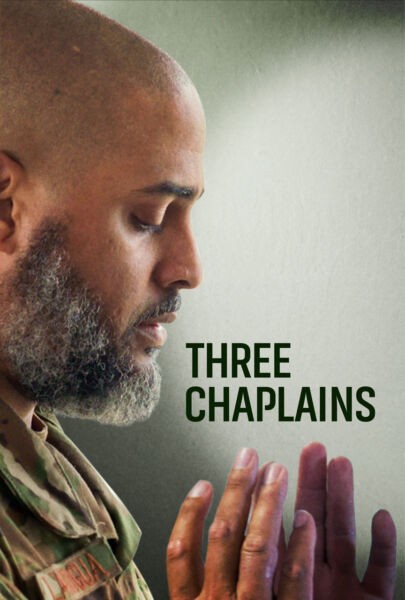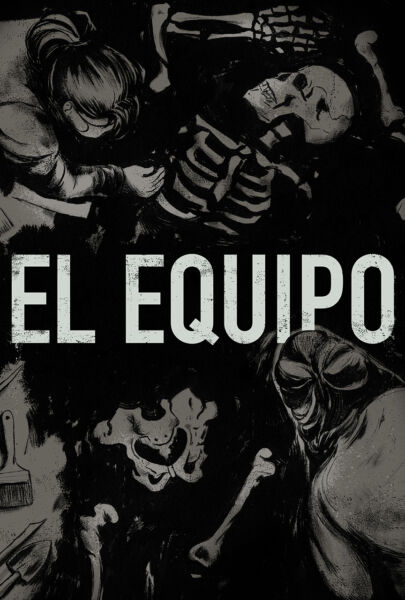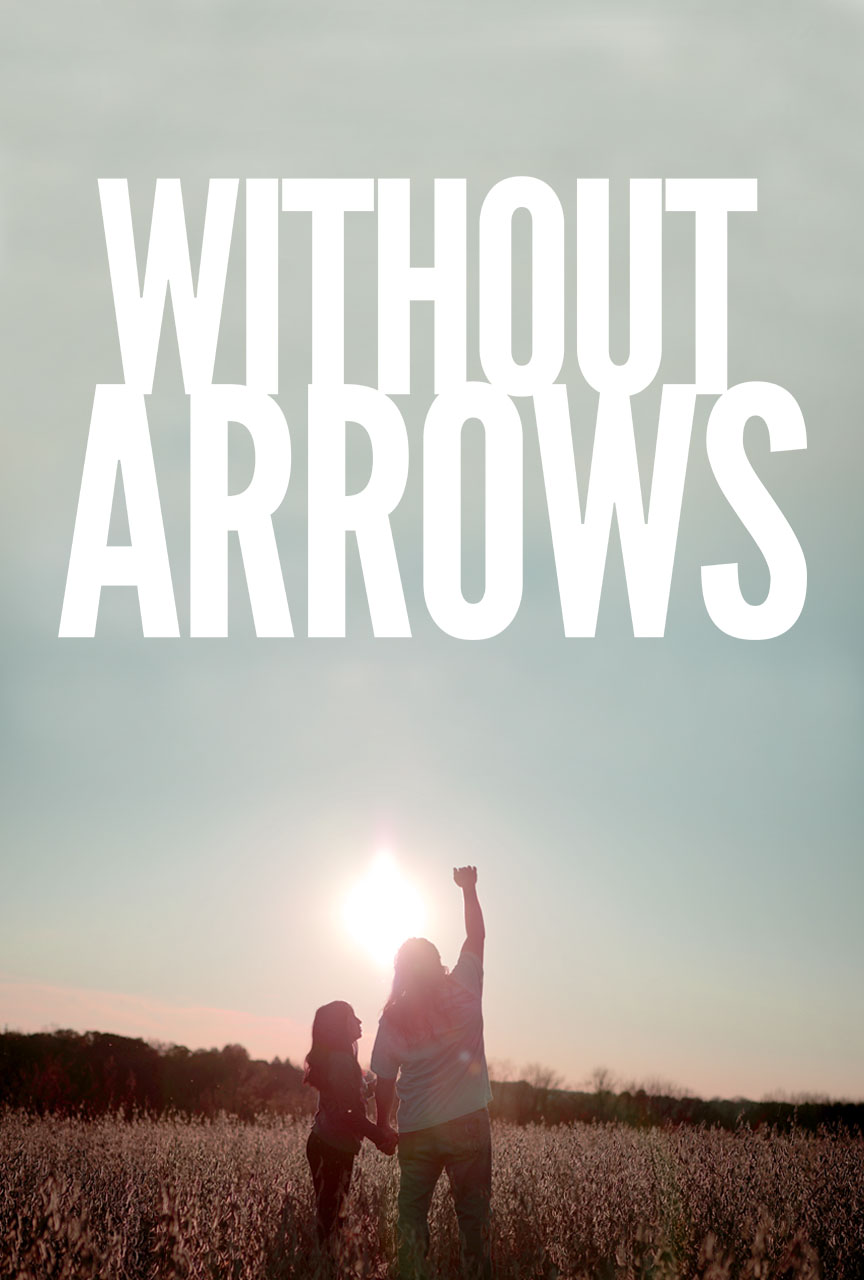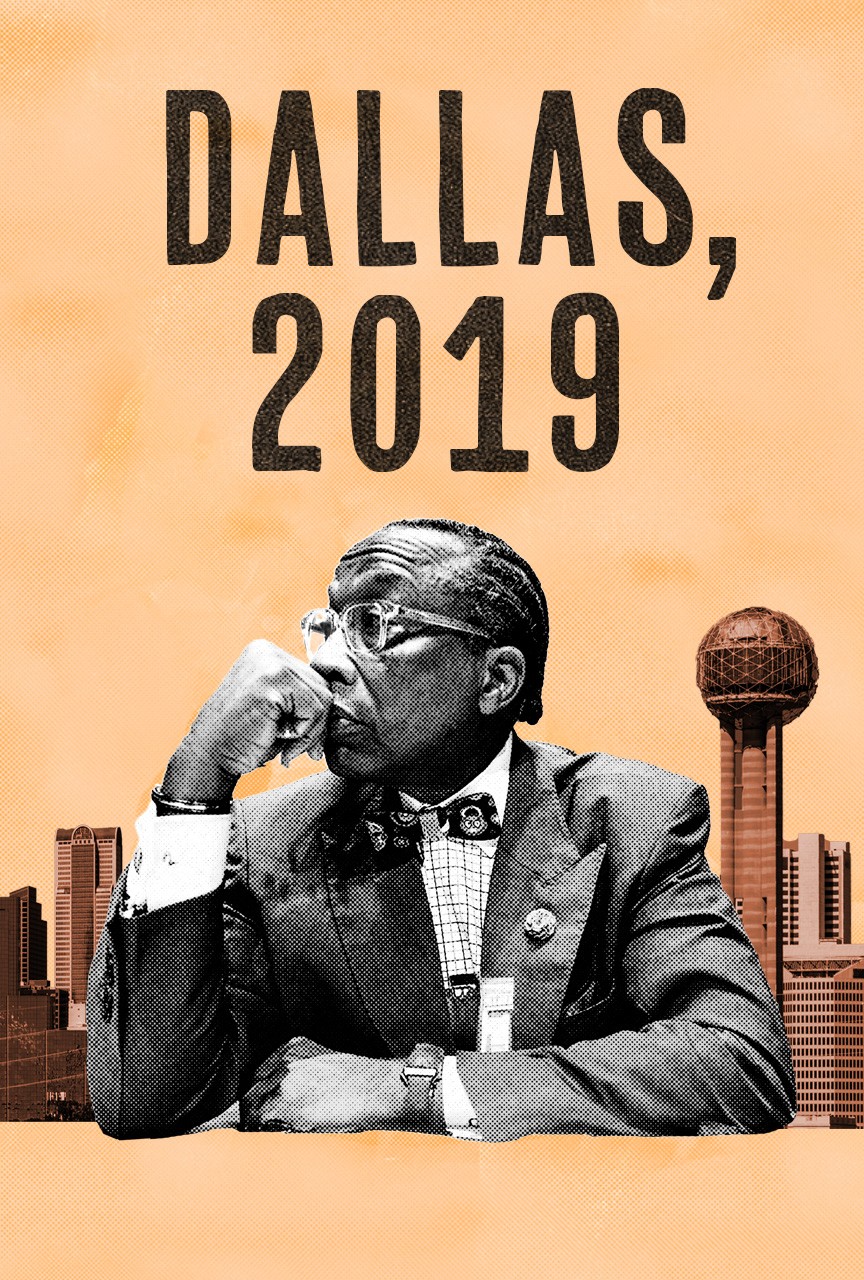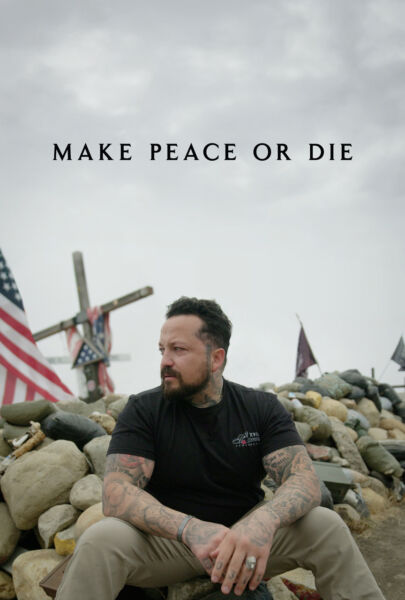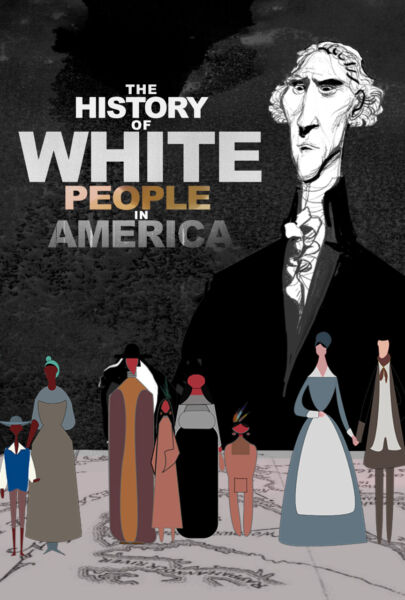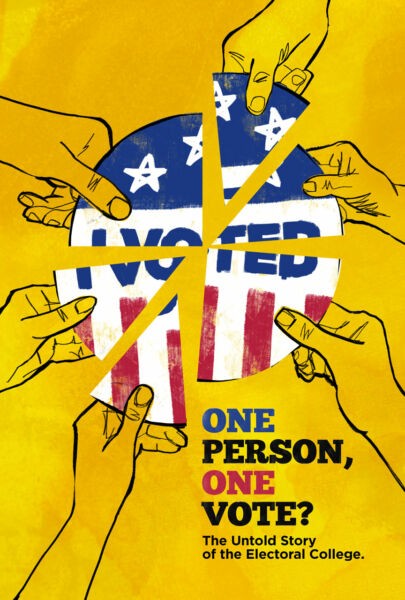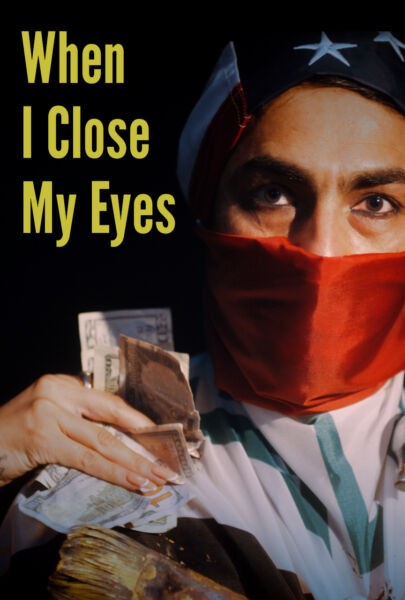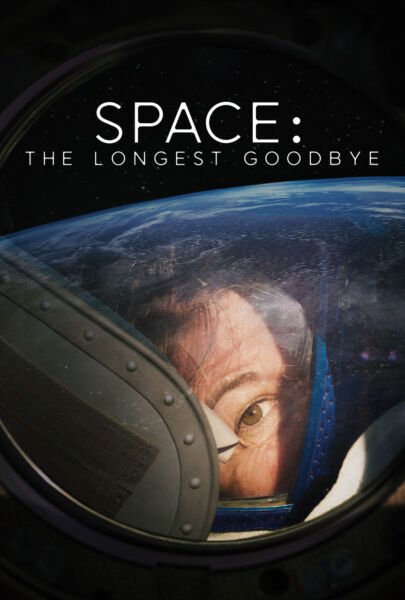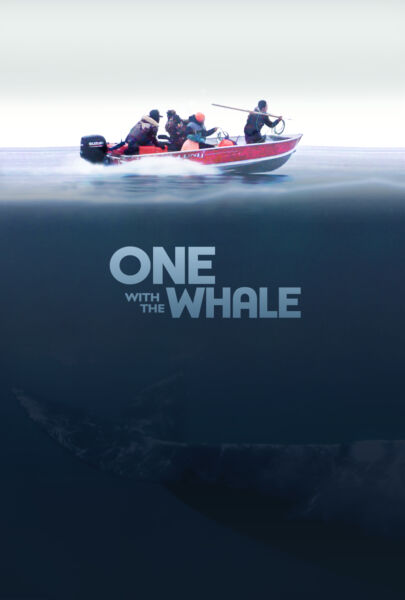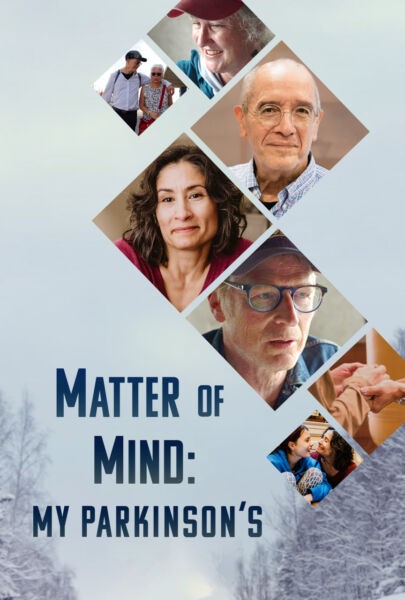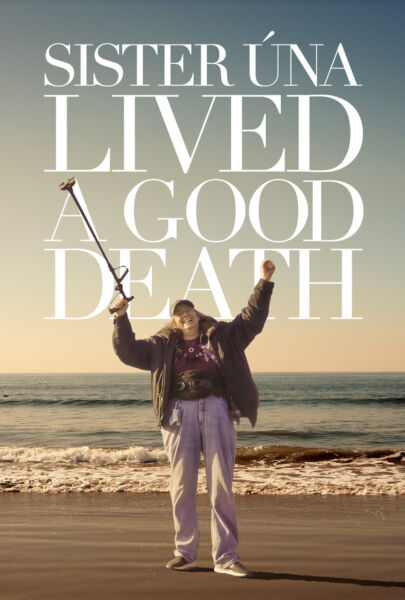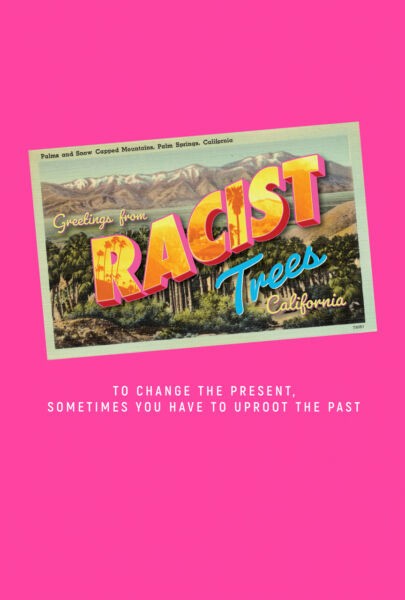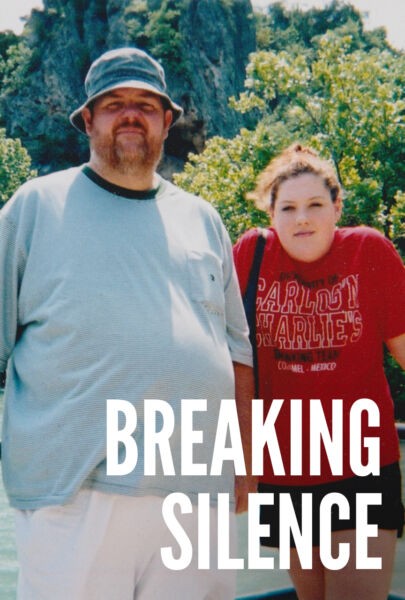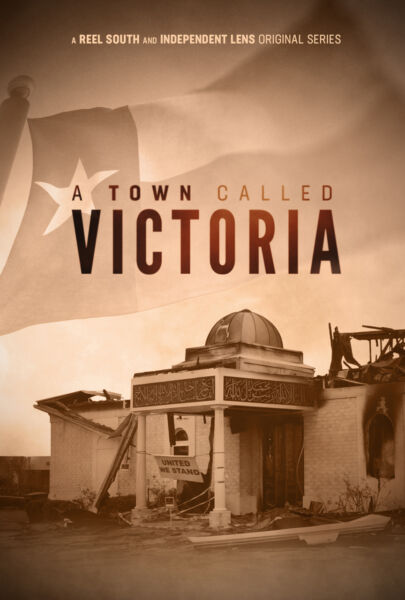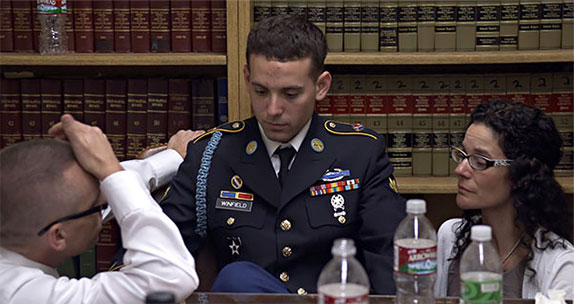
The central dilemma in Dan Krauss’s Independent Lens documentary The Kill Team is grappled with by an American soldier in Afghanistan who found members of his platoon were committing immoral war crimes, and wanted to blow the whistle on them, even if it endangered his life. Writing on RogerEbert.com, Godfrey Cheshire notes that the film “offers a deep, troubling probe into a military culture that both incubates horrifically criminal acts against innocents and throws innumerable obstacles in the paths of soldiers who would thwart or report those outrages.”
Such wrenching battles over morality have been at the heart of war films since the silent and classic eras (All Quiet on the Western Front, 1930; La Grande Illusion, 1937, possibly the greatest film ever made about the futility of war) up through current cinema (Clint Eastwood’s American Sniper included, though critics are arguing about the amount of moral complexity and context in the film).
Here’s a look at some other films, both fictional and documentary, that have characters who made a moral choice in the middle of war.
WWI
Gallipoli (1981): Based on a true story about a horrific battle in World War I, the film is directed by the marvelous Australian director Peter Weir (Master and Commander, Dead Poet’s Society, The Last Wave). Set in the Gallipoli peninsula in the Ottoman Empire (in modern-day Turkey), Gallipoli‘s young protagonists (Mel Gibson and Mark Lee) enter into military service feeling duty-bound and eager to be heroes (one character says, “I’d be ashamed if I didn’t fight”), until it becomes obvious they are in the midst of a bloodbath. One of the film’s central moral questions for these men is, would you follow orders into a futile battle knowing you are going to die — if it’s for friend and country? They are reluctant to resist what has been termed “the Anzac spirit,” one of defiance but stoicism and courage.
Paths of Glory (1957): One of the all time great war (and anti-war) films, Stanley Kubrick’s masterpiece is about soldiers in World War I who refuse to carry out orders for a reckless and impossible attack, and are then made an example of by their superior officers. The film features an impassioned performance by Kirk Douglas as an officer who does all he can to try to prevent the needless execution of the soldiers.
Conscientious Objectors
Soldiers of Conscience (2007), which aired on PBS’s POV, follows the stories of both conscientious objectors and those who criticize them. The film gets to the heart of dilemmas faced by many U.S. soldiers in Iraq in the 2000s, who asked themselves “is this a just war,” and to kill or not to kill. One soldier in the film says, “I looked at [the detainees] and I saw my own unit, but with brown skin. I was not able to make the jump to turn those people into sub-humans, but it is the nature of war to turn them into sub-humans.”
Sergeant York (1941) is one of the first films (at least that I can find) to portray a conscientious objector, based on a real life person named Alvin York, who ended up being forced to serve despite his objections. Starring Gary Cooper, the film is certainly full of classic Hollywood schmaltzy moments (a Bible page blows open while York is debating whether or not to serve; see below), though many more affecting ones. York, at least in one key moment, ends up putting aside his beliefs that killing is morally wrong when it comes to saving his men, and forces a German surrender, eventually becoming a war hero. But at the end he turns down offers to commercialize his fame and retreats to quietude.
Sgt. York wrestles with the decision:
Trials of Muhammad Ali (2013): One of the most famous conscientious objectors is the complex and outspoken boxer and activist known to the world as Muhammad Ali. This documentary by Bill Siegel (which aired on Independent Lens) explores Ali’s lifelong journey of spiritual transformation, including his staunch belief that the Vietnam War was wrong — enough to go to jail for it, and face vehement opposition from many Americans at home. Here’s Ali being dressed down on national television about his views, in patronizing fashion:
Vietnam
Full Metal Jacket (1987): Much has been written about Stanley Kubrick’s Vietnam War film (based on Gustav Hasford’s 1979 novel The Short-Timers) and it’s far too complex in its presentation of morality to easily sum up, but in the main character of Joker (played by Matthew Modine) the film clearly explores the duality of man. Joker is both soldier and journalist, a pacifist who has to kill; in a key sequence near the end he has to decide whether or not to kill a wounded Vietnamese sniper. The complexity of the film’s presentation of violence was misunderstood by some, including the Italian Director of Culture, as you can see in Kubrick’s letter of response, in which he comments:
“My intention was not to relish violence for it’s own sake but to emphasise the reality of both the training process undergone by the recruits and the war situation in which they found themselves.”
https://www.youtube.com/watch?v=Ks_MbPPkhmA
Modern Warfare, and the Torture Question
2014’s Lone Survivor, a not entirely successful film dramatically in my opinion, is at least interesting as a portrayal of a moral dilemma. The film is based on the true story of Navy SEALs on a mission in Afghanistan who have to decide whether to execute captives who may or may not be Taliban, in order to continue their assignment, or to release them at great risk to themselves. It’s a compelling story told in clichéd fashion, lacking in ambiguity (and full of too many “falling scenes”), but still worthy of a mention here.
Zero Dark Thirty (2012): Some critics felt this film took a clear, pro-torture stance (the main character, Maya, a young C.I.A. intelligence analyst, and her colleagues, use torture to interrogate prisoners, which leads to some useful information), while others argued it is actually quite morally ambiguous. Here’s an excerpt of a thoughtful piece from the Carnegie Foundation, which also criticizes what it deems are historical inaccuracies in the film:
As framers of public opinion and debate, do directors and screenwriters have an obligation not to misinform their audiences about historical events? Upon reading director Kathryn Bigelow’s own reflections on Zero Dark Thirty, one could easily be led to believe that the film constitutes an accurate historical reenactment of the CIA’s decade-long hunt for Osama bin Laden. In fact, when she appeared on the Colbert Report, she referred to the film as a “first draft of history.”
“I felt we had a responsibility to be faithful to the material,” she stated in an interview with The New Yorker‘s Dexter Filkins, published two days prior to the film’s U.S. release. However, several government officials have emphatically disputed the film’s version of events and what the film implies.
“[The] film creates the strong impression that the enhanced interrogation techniques that were part of our former detention and interrogation program were the key to finding Bin Ladin. That impression is false.” Senator John McCain (R-AZ), along with members of the Senate Armed Services Committee wrote an open letter to Sony Pictures CEO Michael Lynton outlining factual inaccuracies contained within the film, and requesting that he “[correct] the impression that the CIA’s use of coercive interrogation techniques led to the operation against Usama bin Laden.”
Even the actual bin Laden shooter pointed out some of the more Hollywood-ized aspects of the story.
And yet a piece in Wired magazine argues that the film is “working on a far more complex level, and one that manages to damn both torture and the cynically pragmatic argument against it in one fell blow.”
Two documentaries also explore the topic of the American use of torture after 9/11: The Ghosts of Abu Ghraib (2007) — by Rory Kennedy, just nominated for an Oscar for Last Days in Vietnam (and daughter of Bobby) — examines the events of the 2004 Abu Ghraib torture and prisoner abuse scandal. That abuse coming to light had a major impact in how the international community viewed the US war in Iraq. And to even further explore the Abu Ghraib prison torture and abuse story, Errol Morris’s harrowing Standard Operating Procedure (2008) focuses on the convicted officers and lets the photographs tell a large part of the story. Morris, in DVD commentary for the film, said that his intent was
“not to say that these ‘bad apples’ were blameless… but… to say that they were scapegoats. It was easy to blame them because, after all, they were in the photographs… Photographs don’t tell us who the real culprits might be… They can also serve as a coverup, they can misdirect us… Photographs reveal and conceal, serve as [both] exposé and cover-up.” [via Wikipedia]
What are some other good films centered around moral dilemmas in times of war? Post your thoughts in the comments.


